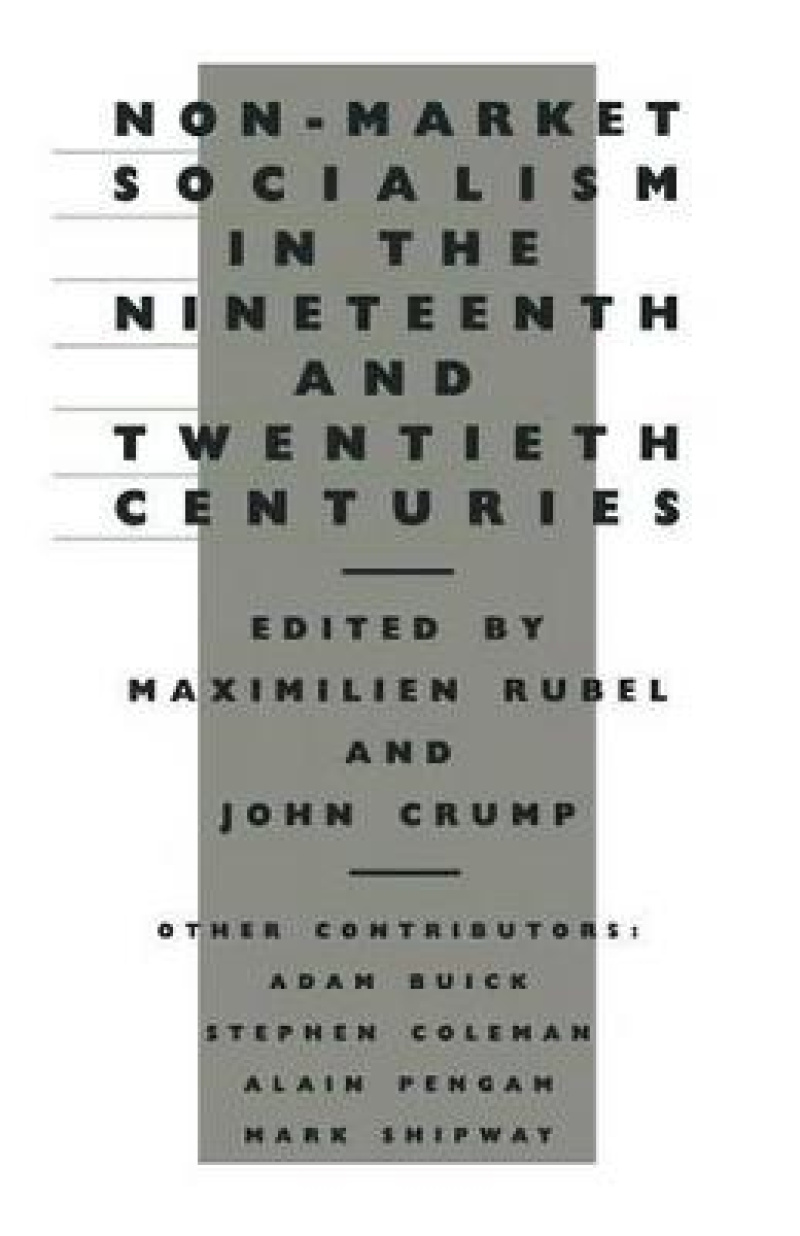Everyone knows that in socialism private companies are replaced by state enterprises which employ wage-workers in order to produce profits which accrue to the state. 'Not so!' say the authors of this book. In the nineteenth century, socialists as different as Marx and Kropotkin were agreed that socialism means a marketless, moneyless, wageless, classless, stateless world society. Subsequently this vision of non-market socialism has been developed by currents such as the Anarcho-Communists, Impossibilists, Council Communists, Bordigists and Situationists. By tracing this development, this book challenges the assumptions of both supporters and opponents of what is conventionally regarded as socialism.
Les mer
Everyone knows that in socialism private companies are replaced by state enterprises which employ wage-workers in order to produce profits which accrue to the state. By tracing this development, this book challenges the assumptions of both supporters and opponents of what is conventionally regarded as socialism.
Les mer
Preface - Introduction - Non-Market Socialism in the Nineteenth Century; M.Rubel - The Thin Red Line: Non-Market Socialism in the Twentieth Century; J.Crump - Anarcho-Communism; A.Pengam - Impossibilism; S.Coleman - Council Communism; M.Shipway - Bordigism; A.Buick - Situationism; M.Shipway - Postscript - Select Bibliography - Index
Les mer
Produktdetaljer
ISBN
9780333413012
Publisert
1987-08-07
Utgiver
Vendor
Palgrave Macmillan
Høyde
216 mm
Bredde
140 mm
Aldersnivå
Research, UU, UP, P, 05, 06
Språk
Product language
Engelsk
Format
Product format
Heftet
